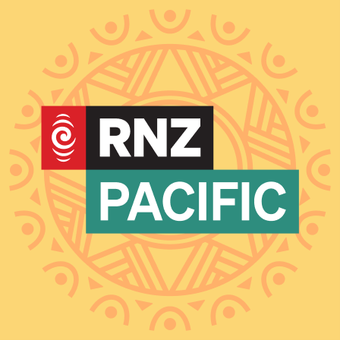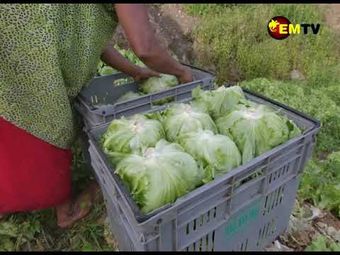Sailing for Survival
- Description:
- Sailing for Survival is a comparative study of the trading systems and canoes of two groups of people in Papua New Guinea: the Bel people of Bilbil/Yabob on the North Coast, near Madang and the Motu people on the South Coast, near Port Moresby. There is now no doubt that they shared a common ancestry in West New Britain. They both belong to Austronesian language groups but had no contact with e...
- Display date:
- 2014
- Location:
- Papua New Guinea
- Format:
- Scholarly text
- Collections:
- Otago University Research Archive
- Contributors:
- Mennis, Mary
- Publisher:
- Department of Anthropology & Archaeology; University of Otago
- Content partner:
- University of Otago
- Availability:
- Not specified
-
Copyright status: All rights reservedFind out more about what you are able to do with this itemThis item is all rights reserved, with means you'll have to get permission from University of Otago before using it. For more information, please see our use and reuse page.More informationUniversity of Otago has this to say about the rights status of this item:
All items in OUR Archive are provided for research purposes and private study and are protected by copyright with all rights reserved unless otherwise indicated.
What can I do with this item?Non-infringing useNZ copyright law does not prevent every use of a copyright work, and this item may be hosted by an international institute or organisation. You should consider what you can and cannot do with a copyright work.No sharingYou may not copy and/or share this item with others without further permission. This includes posting it on your blog, using it in a presentation, or any other public use.No modifyingYou are not allowed to adapt or remix this item into any other works.No commercial useYou may not use this item commercially.
Welcome and warm Pasifik greetings
The information on this site has been gathered from our content partners.
The names, terms, and labels that we present on the site may contain images or voices of deceased persons and may also reflect the bias, norms, and perspective of the period of time in which they were created. We accept that these may not be appropriate today.
If you have any concerns or questions about an item, please contact us.

